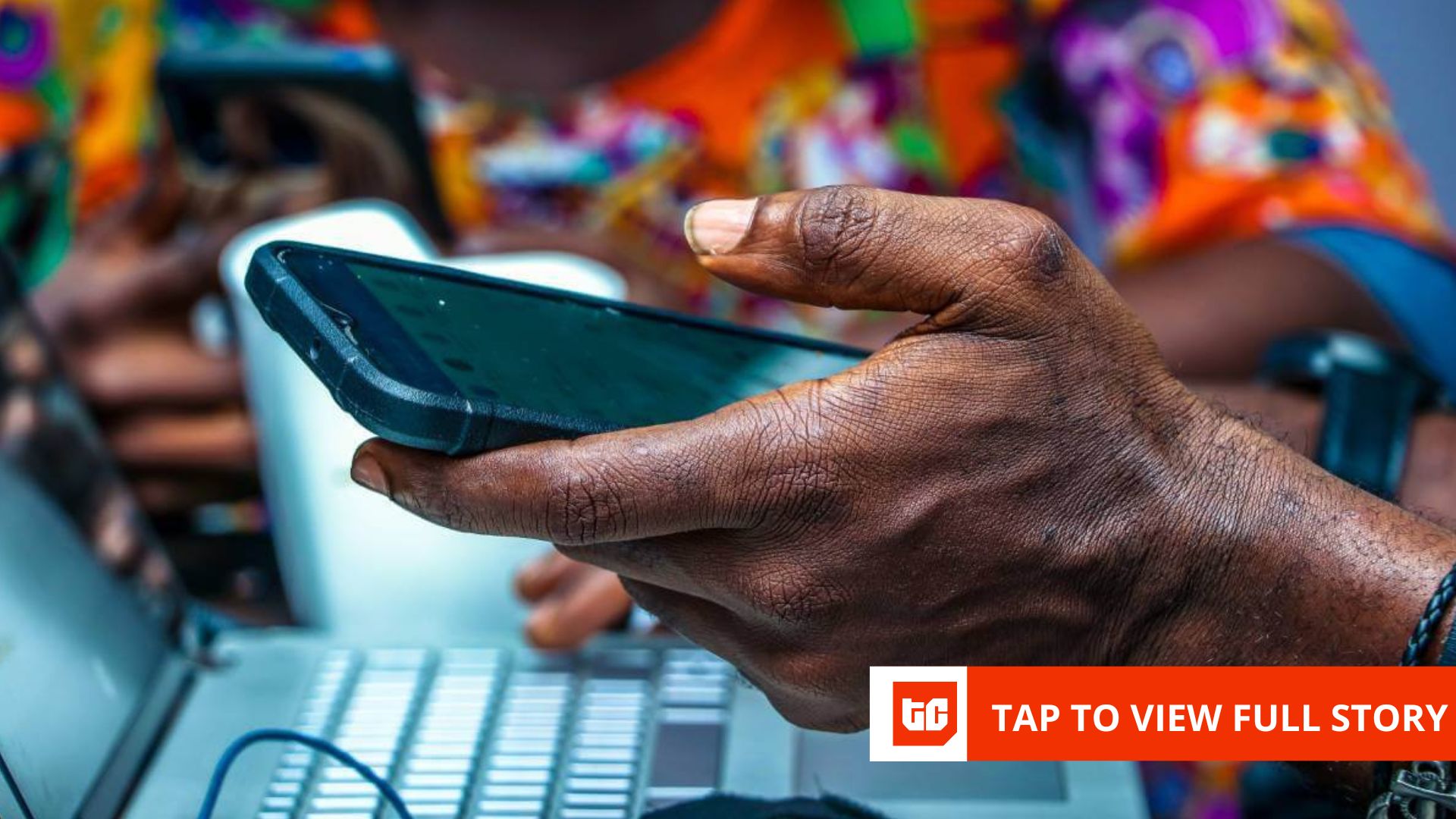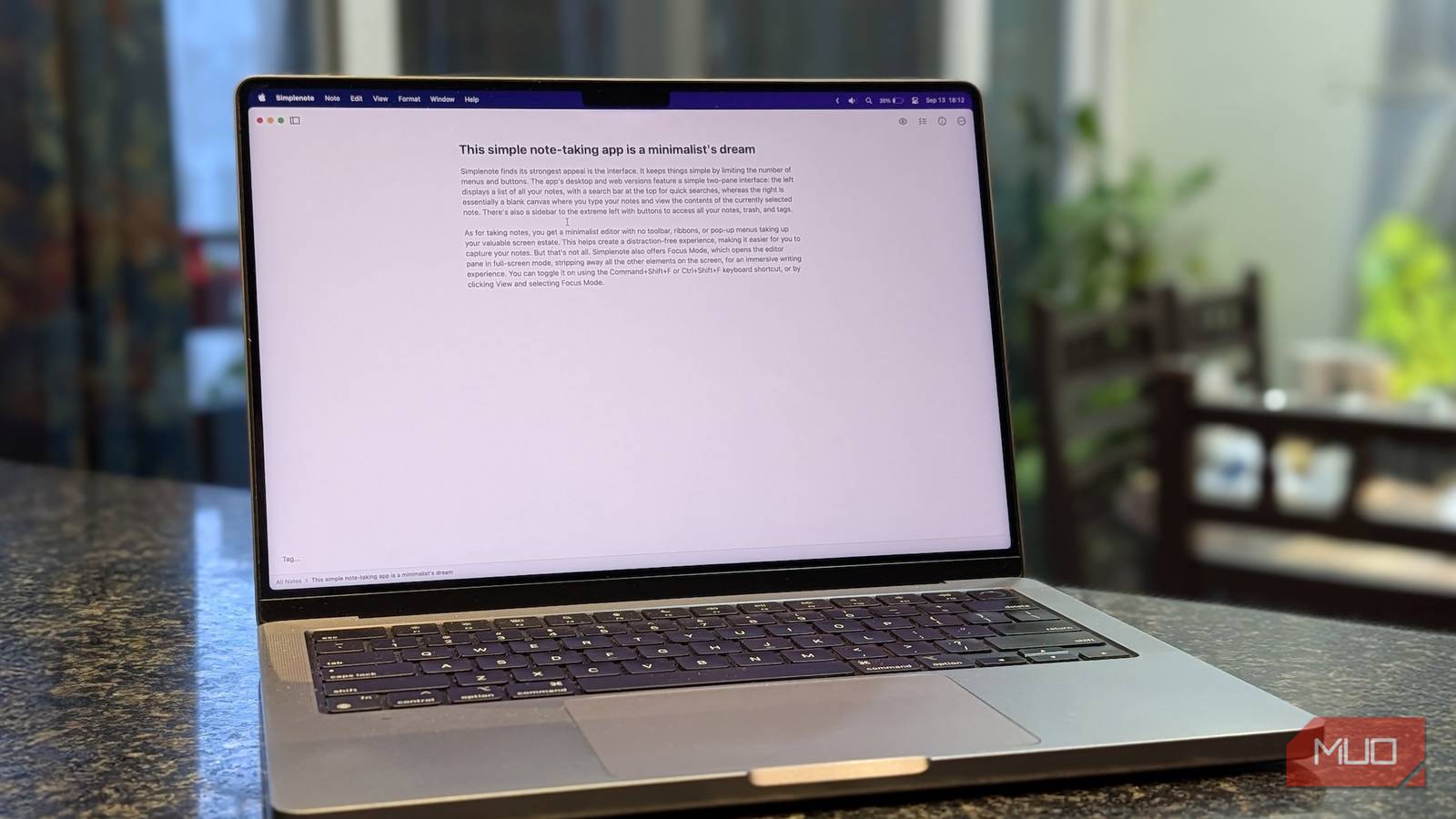Globacom lost over 3.2 million internet subscribers between December 2024 and May 2025, the steepest decline among Nigeria’s four major mobile operators during that period.
New data from the Nigerian Communications Commission (NCC) indicate that Glo’s internet subscriber base decreased from 17.1 million to 13.9 million, resulting in an average loss of more than 21,000 users per day. This sharp decline pulls its subscriber base back to levels last seen in November 2013.
While the losses signal a major blow to Glo’s market position, it presents a rare opportunity for 9mobile, Nigeria’s smallest mobile network operator by user base, to gain ground after years of stagnation. With just 1.4 million subscribers—less than 1.5% of the internet market—9mobile could begin to close the nearly 10 million user gap through improved service and strategic marketing. A net gain of 250,000–300,000 users monthly could significantly alter its market standing within three years.
At the heart of this optimism is 9mobile’s landmark national roaming agreement with MTN Nigeria, signed in July 2025. The three-year deal grants 9mobile’s customers access to MTN’s 2G–4G network infrastructure, extending the company’s reach into underserved regions and improving data and voice reliability.
Meanwhile, Glo’s subscriber losses are rooted in both regulatory and structural challenges. The telco’s sharp subscriber loss began following the NCC’s enforcement of the SIM-NIN linkage policy, which aimed to sanitise Nigeria’s mobile subscriber database.
In March 2024, Glo reported 62.1 million active voice subscribers. But by mid-September, that figure had dropped to just 19.1 million—a loss of roughly 43 million users, the largest decline among all operators. Much of this reduction was due to Glo’s inflated subscriber numbers, which included inactive or unregistered SIMs that failed to meet the new compliance standards.
Globacom did not respond to requests for comments.
But regulation tells only part of the story. Globacom has consistently underinvested in its network infrastructure compared to its peers, laying just 13,800 km of fibre, far behind MTN Nigeria’s 31,972 km and Airtel Nigeria’s 16,112 km. This shortfall has left Glo especially vulnerable to sector-wide challenges such as fibre cuts, vandalism, and unreliable power supply.
Unlike its rivals, which outsource their tower infrastructure to specialised firms with the capacity for quicker maintenance and upgrades, Glo operates its 8,550 telecom towers in-house. This decision, combined with aging infrastructure and slower response times, has severely limited its ability to deliver consistent quality and coverage.
Glo users are feeling the impact. Sullivan Emerald, a software developer based in Owerri, told that Glo’s service in the Imo State capital is unreliable. “Only a few areas like the Imo State Government House and the World Bank area get a usable signal,” he said. Data from Uptime shows that between January and May 2025 alone, Globacom experienced 102 major network outages nationwide.
The operator’s governance structure has also come under scrutiny. The company remains tightly controlled by its founder, Mike Adenuga, with little separation between ownership and management. This centralised structure has hindered innovation and made it difficult to attract top-tier leadership. In May 2025, newly appointed CEO Ahmad Farroukh resigned just one month into the job, reportedly due to disagreements over management autonomy. Globacom’s credibility has also taken a hit from regulatory run-ins. In addition to being penalised for failing to register over 40 million subscribers with valid National Identification Numbers (NINs), the company has faced disconnection threats over unpaid interconnection fees owed to MTN and Airtel.
In contrast, 9mobile is beginning to chart a turnaround. Its roaming agreement with MTN, endorsed by the NCC as a model for infrastructure sharing and digital inclusion, allows it to expand coverage without heavy capital outlays. The move is a key pillar in 9mobile’s $3 billion recovery plan.
9mobile did not respond to a request for comment.
Still, not everyone is convinced that 9mobile’s rise is guaranteed. Wole Adetuyi, CEO of Swift Telephone Network (STN), a fixed landline telephone company, cautioned that 9mobile’s success will depend on sustained investment and clear governance.
“9mobile has a properly constituted board,” he noted, “but the question is whether they have—or are willing to give—the financing needed to scale.”
Adetuyi adds that Glo could still recover with the right reforms. The operator could still regain its footing if it addresses its corporate governance issues, appoints an independent board and CEO, and allows new investors to come in with real decision-making power. Also, 9mobile is not very clear about how it intends to raise the $3 billion capital and what it would do with it should investors agree to provide capital. Equally important is that following the deal with MTN, 9mobile would need to share a bulk of its revenue with MTN Nigeria for the next three years. Hence, raising $3 billion from its revenue is unlikely unless it quickly diversifies into other businesses, starting with its fintech vertical, 9PSB.
Telecom experts like Diseye Isoun, CEO of Content Oasis, an internet service provider, and Ladi Okuneye, CEO of UniCloud Africa, a cloud computing technology provider, said the best approach to rapid recovery for 9mobile is focusing on building out a mobile virtual network operator (MVNO) model.
“They essentially need to look at themselves as an MVNO,” Okuneye said. “It is best they leverage someone else’s infrastructure.”
For now, the race between Globacom and 9mobile is less about dominance and more about survival. But with the right moves, 9mobile may finally be able to break from the bottom of the pack.
Mark your calendars! Moonshot by is back in Lagos on October 15–16! Join Africa’s top founders, creatives & tech leaders for 2 days of keynotes, mixers & future-forward ideas. Early bird tickets now 20% off—don’t snooze! moonshot..com






_.png)


